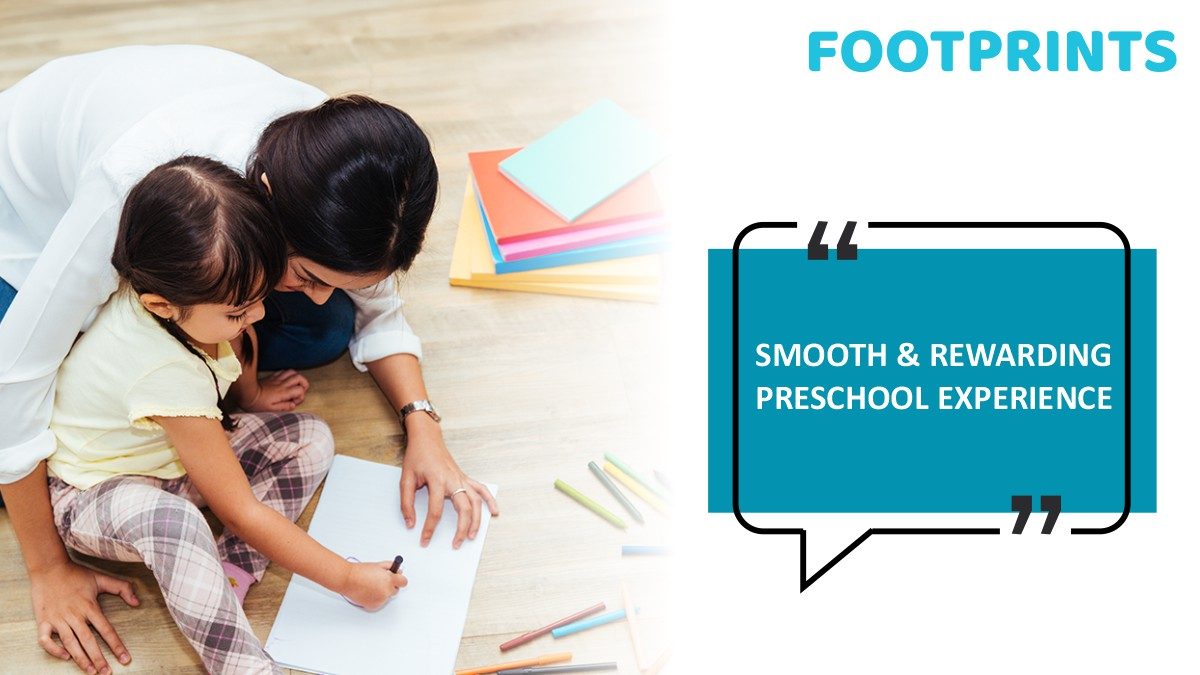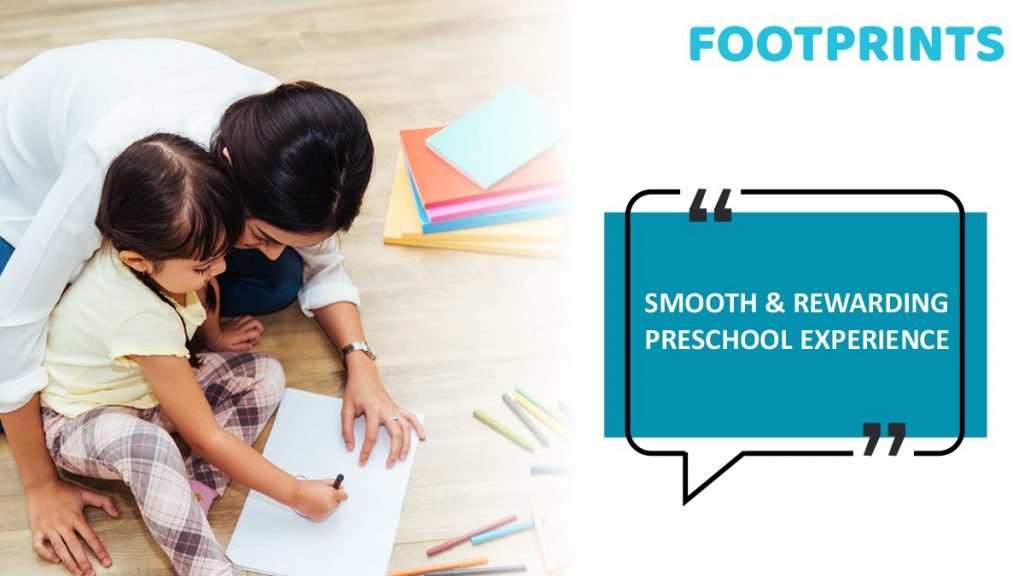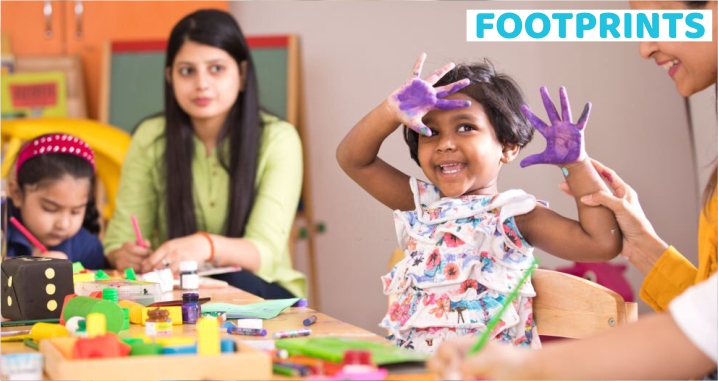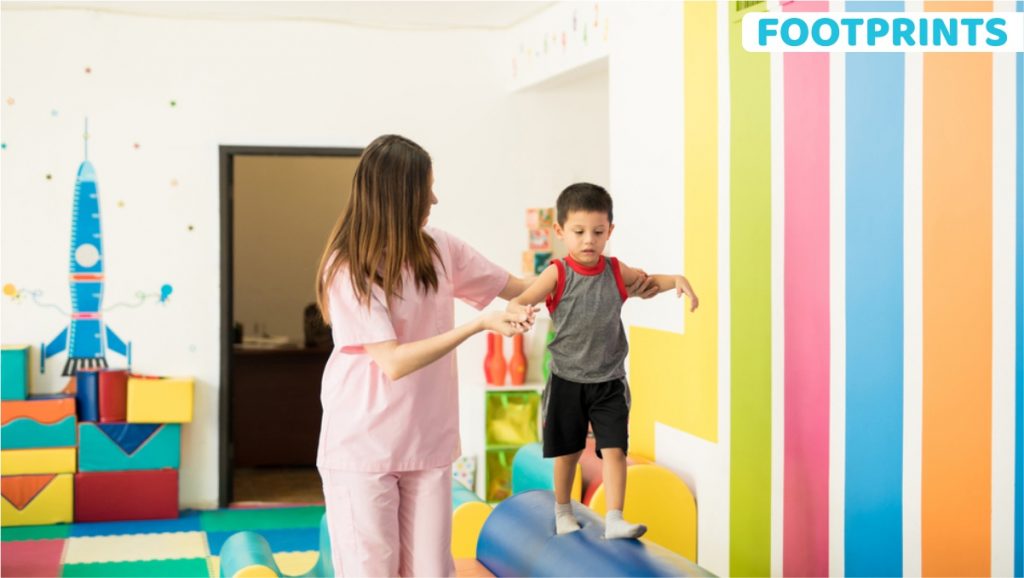

When it comes to learning, there is an undeniable truth – a family serves as a child’s first and foremost teacher. Families wield a profound influence over various aspects of a child’s development, encompassing cognitive skills, motor skills, language acquisition, social skills, and essential life skills. Numerous studies have uncovered a direct link between parental involvement and positive child outcomes, impacting not only cognitive performance but also reducing instances of behavioral challenges.
It follows logically, then, that parents should play an active and integral role in their child’s preschool education. Parental involvement goes beyond routine drop-offs, pick-ups, and occasional parent-teacher meetings. To enhance a child’s learning experience, it is crucial for parents to actively participate in the educational process. This involvement spans various dimensions, starting with the creation of a nurturing home environment conducive to learning. When families positively engage in their child’s education and care, numerous benefits unfold. Some of these include:
- Children feel supported and develop better socio-emotional skills as well as resilience. Overall, it strengthens the child’s sense of security and belonging.
- Educators better understand the child’s needs and interests.
- Parents share decision-making with educators.
- There is continuity of learning for children.
- Parents’ interest in a child’s education enhances their motivation, self-esteem, and overall confidence.
- Parental involvement is also linked to higher academic achievements, improved attendance rates, lower dropout rates, and better behaviour in the classroom.
- Overall, children are seen to flourish.
Indeed, a sincere collaboration between parents and the preschool goes beyond supporting the child during their early years; it holds the potential to exert a positive influence well into their adulthood. Preschools play a crucial role in imparting not only pre-academic and academic skills but also essential life skills. Children are instructed in effective communication, critical thinking, and emotional resilience, vital attributes for navigating life’s diverse challenges. The integration of these lessons into a child’s life occurs most effectively when reinforced with everyday practical examples and consistent application at home.

What can parents do to be involved in their child’s preschool experience?
With the role of parents in child education established, what is it that parents can do to ensure that the child’s learning is adequately supported? Here are some answers:
1. Promote Emotional Independence
Let’s prioritize. It is crucial for parents to instill the vital concept of emotional independence in their children. For youngsters who have never experienced separation from their parents, the prospect of preschool-induced separation anxiety can be a significant challenge. Parents play a pivotal role in ensuring emotional security by actively facilitating socialization with other children well in advance of the child’s entry into preschool.
2. Establish a Healthy Routine
Crucially, children who adhere to and maintain a daily routine tend to acclimate more effectively to school life. Parents can exert significant influence in establishing a well-structured routine for their child, imparting valuable lessons in independence, particularly in the execution of small tasks.
3. Stay Informed about the Preschool Curriculum
Stay informed about the preschool curriculum and the methodologies employed. This knowledge will enable you to participate in interactive activities, games, and other endeavors that foster problem-solving and critical-thinking skills. Maintain regular communication with your child’s teachers, ensuring you stay updated on the curriculum, teaching methodologies, and other relevant details to effectively reinforce these concepts at home.
4. Cultivate Curiosity
Cultivate your child’s curiosity by enabling exploration and encouraging the questioning of ideas and concepts.
5. Provide a Language-Rich Environment
Engage in reading sessions with your children and create an environment enriched with language at home. Simple adjustments, such as posing open-ended questions instead of closed ones, can significantly contribute to fostering their critical thinking and verbal expression. Consider this scenario: when presenting a new toy to a child, asking a generic question like “Do you love this toy?” may yield a simple “yes,” concluding the conversation. On the contrary, if you inquire, “What is your favorite toy?” followed by “What do you like about it?” you are more likely to prompt the child to articulate their feelings and enthusiasm for the toy.
6. Be a Positive Role Model
Primarily, you must serve as a commendable role model for the child. It’s crucial to recognize that children are more inclined to absorb lessons from observing your actions rather than simply heeding verbal instructions. To instill a passion for inquiry and learning in your child, it is essential that you demonstrate a positive attitude toward acquiring new knowledge and skills. In doing so, you lay the foundation for your child to naturally cultivate a lasting love for learning that extends well beyond their formative years.

In order to accomplish the aforementioned tasks, it is vital for parents and educators to establish an effective partnership. This involves maintaining regular communication and directing efforts toward enhancing the child’s comprehensive learning experience.
At Footprints, a trusted preschool chain esteemed as a steadfast parenting collaborator, our primary objective is the holistic development of each child. Beyond instilling pre-academic skills, we prioritize nurturing a mindset that focuses on how to think rather than prescribing what to think. Once a child’s innate curiosity is sparked, it becomes evident that they embrace a lifelong journey of learning.
In pursuit of this goal, we actively promote a robust partnership with parents. Recognizing the pivotal role parents play in inclusive education, we believe that their involvement in schools establishes a crucial continuum for our children. At Footprints Playschool, parents and educators forge a dynamic alliance characterized by regular communication, collaborative goal setting, mutual respect for opinions, and an unwavering commitment to enriching the child’s educational journey. Together, we aspire to cultivate a resilient generation.

Amita is an experienced educator with over 30 years of experience. She has an outstanding understanding of child development, having worked with various age groups for prestigious businesses. She has been dedicated to handling Footprints’s Curriculum and Delivery department for the past decade. Amita’s credentials include being one of India’s few HighScope Curriculum certified trainers and volunteering as a course leader for Landmark Education, the world’s largest training firm.

